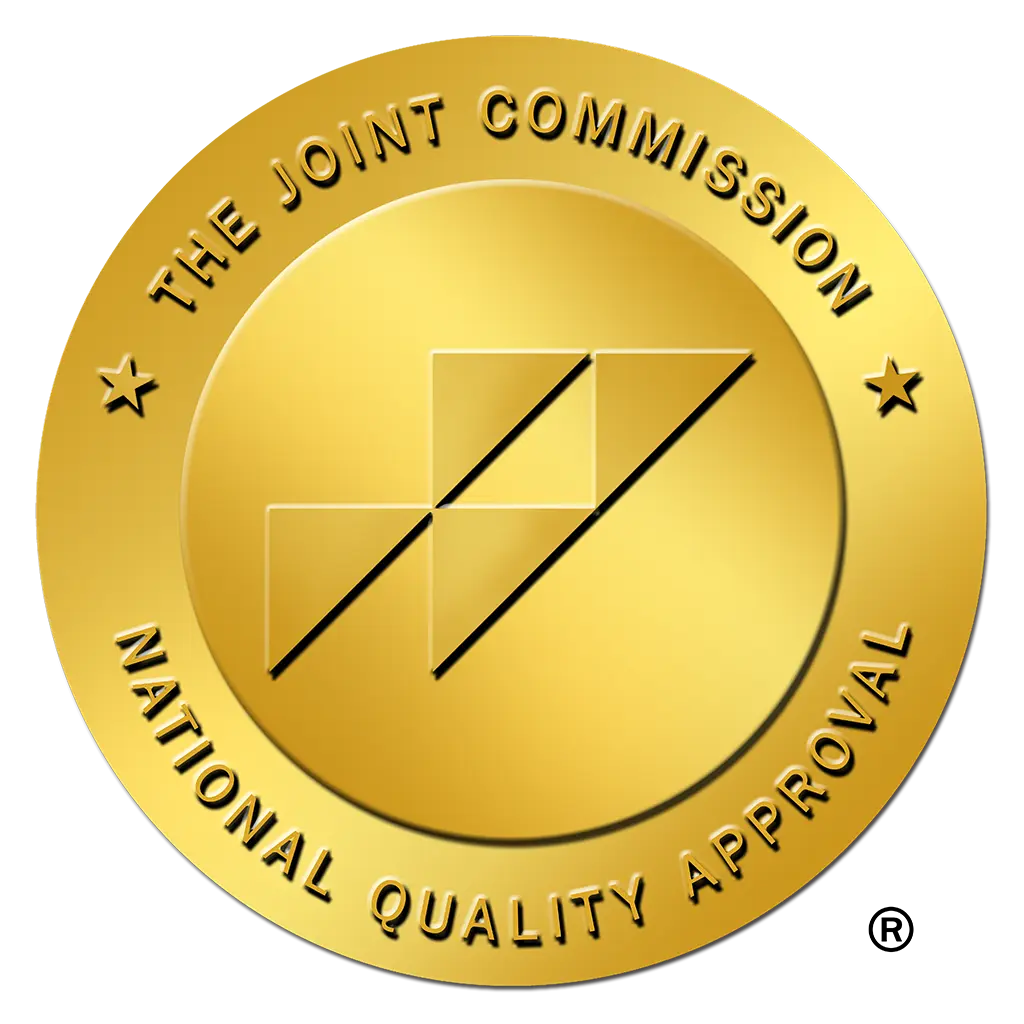Recognizing the Signs: Do I Need Mental Health Help?
Introduction: In a world that often emphasizes physical health, it’s crucial to acknowledge the importance of mental well-being. Just as our bodies can experience ailments, our minds, too, can face challenges. Understanding when to seek mental health help is a crucial step towards maintaining a balanced and healthy life. In this blog, we’ll explore some common signs that may indicate it’s time to reach out for professional support.
- Persistent Changes in Mood: If you find yourself experiencing persistent changes in mood, such as prolonged feelings of sadness, irritability, or hopelessness, it may be a sign that your mental well-being requires attention. Emotional fluctuations that significantly impact your daily life could be indicative of an underlying issue.
- Difficulty Coping with Stress: While stress is a part of life, an inability to cope with it can signal a need for mental health support. If everyday stressors become overwhelming, leading to increased anxiety, panic attacks, or a sense of being constantly on edge, seeking help can provide valuable coping strategies.
- Changes in Sleep Patterns: Disruptions in sleep patterns, whether it’s difficulty falling asleep, staying asleep, or experiencing excessive sleep, can be indicative of mental health challenges. Sleep is closely linked to emotional well-being, and persistent disturbances may warrant professional assistance.
- Social Withdrawal: If you notice a withdrawal from social activities, a loss of interest in things you once enjoyed, or a reluctance to engage with friends and family, it could be a sign of an underlying mental health issue. Feeling isolated or disconnected from others may benefit from the support of mental health professionals.
- Difficulty Concentrating: Struggling to concentrate, make decisions, or remember things can be a sign of mental health challenges. If you find your cognitive functions impaired, impacting your work, studies, or daily tasks, it may be an indicator that seeking mental health help is essential.
- Physical Symptoms without Medical Explanation: Unexplained physical symptoms like headaches, stomachaches, or chronic pain that persist despite medical evaluation may have roots in mental health. The mind and body are interconnected, and addressing mental health concerns can sometimes alleviate physical symptoms.
- Thoughts of Self-Harm or Suicide: Any thoughts of self-harm or suicide should be taken seriously. If you or someone you know is experiencing these thoughts, it’s crucial to seek help immediately. Reach out to a mental health professional, a crisis helpline, or a trusted person in your life.
Conclusion: Prioritizing your mental health is a sign of strength and self-awareness. If you identify with any of the signs mentioned above, consider reaching out to a mental health professional. Seeking help is not a sign of weakness but rather a proactive step towards overall well-being. Mental health professionals are trained to provide support, guidance, and coping strategies to help you navigate life’s challenges. Remember, you don’t have to face these struggles alone, and seeking help is a courageous and empowering choice.







